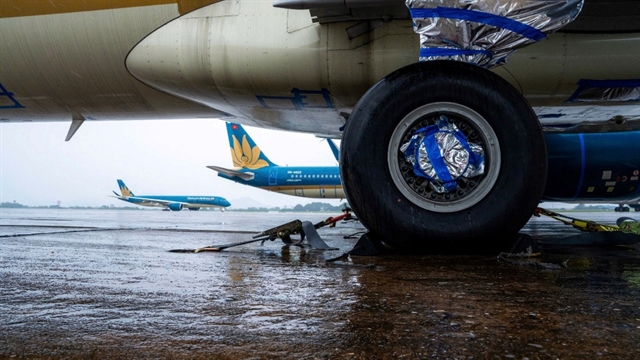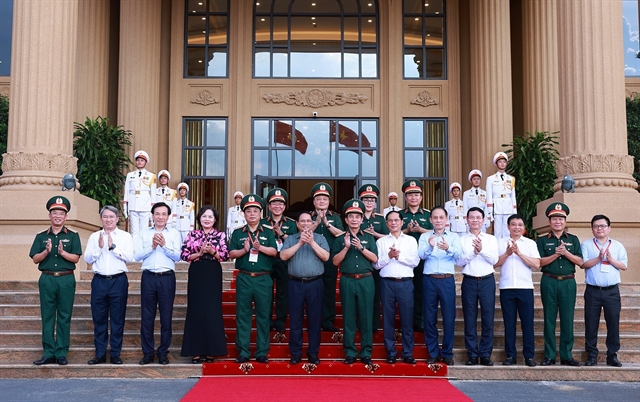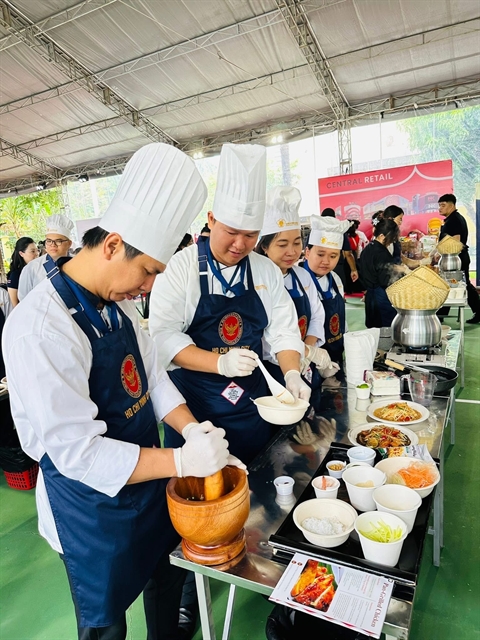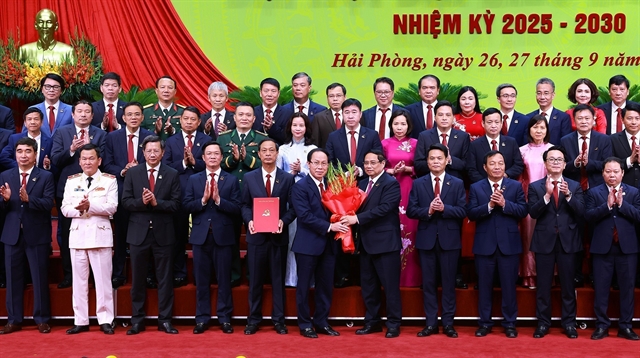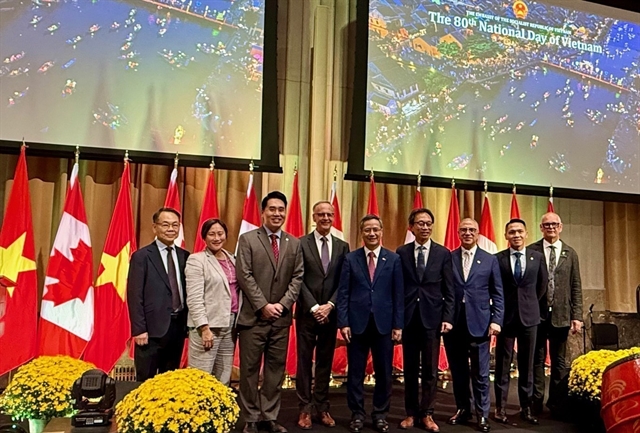

Returning to Viet Nam for the first time after the pandemic, Roel van Neerbos, President of F&B, RFC says besides high product quality it is the nourishing mission “for our farmers, our people and our consumers,” that ensures sustained success.
With 150 years of global history and presence of more than 25 years in Viet Nam, many Royal FrieslandCampina (RFC) products have become household brand names in the country, like Dutch Lady, Fristi and Friso. Returning to Viet Nam for the first time after the pandemic, Roel van Neerbos, President of F&B, RFC says besides high product quality it is the nourishing mission “for our farmers, our people and our consumers,” that ensures sustained success.
Our congratulations on RFC’s 150th anniversary, surely a historical milestone for a global nutrition leader. To start off, please explain RFC’s “Nourishing by Nature” mission?
The word “nourishing” fits us very well, since it implies the provision of something essential to growth. It goes to the heart of what RFC does. We pursue the “nourishing” mission for our farmers, our people and our consumers.
We are also making efforts to nourish a better planet. In all the innovation programmes that we do there’s always a sustainability factor. In our “from grass to glass” chain, sustainability is executed at many different stages. We try to improve constantly. Day by day, we take a little step further. That is how we improve the company and improve consumers’ lives.
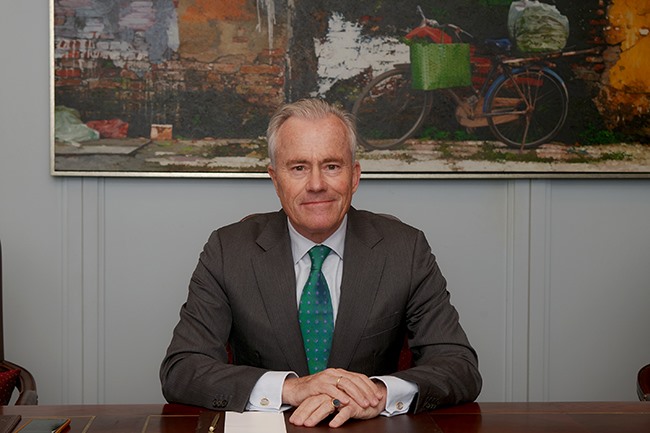
|
Roel van Neeros, President of F&B, RFC
Can you elaborate on how the global links with the local in the nourishing approach?
Sustainability is not only a matter of importance for RFC but also for consumers and the world. If you look at all of the UN sustainable development goals, the goal of people’s livelihood and better living come first, then the environment, plastic waste, CO2 or carbon footprint.
As a dairy company, our primary purpose is providing nutrition to the world population, and in that sense, sustainability means, first and foremost, better nutrition, affordable and accessible for everyone. But we must do it in a sustainable way, so that we can reduce our impacts on the environment and preserve a better planet for future generations. So, in the most holistic way, our sustainability agenda is: better nutrition, better livelihood for farmers and consumers at large, better climate, better nature, better sourcing and better packaging.
In Vietnam, we focus on better nutrition, better living, better climate and better packaging, which are in total alignment with the Government’s priorities. I can share with you some facts and data on our sustainability journey in Vietnam which we are very proud of. Our two factories in Viet Nam are considered the best facilities within RFC in the world. We have strongly concentrated on CO2 reduction and making sure that our packing materials become fully recyclable. We are gradually replacing traditional energy with green energy, such as solar panels on the roof of our factories. And we have achieved zero landfill waste in both of our factories in Binh Duong and Ha Nam. We join hands with the Packaging Recycling Organisation (PRO Vietnam) as a response to recyclable packaging.
We were the first company to implement a dairy development programme in Vietnam, with more than 8,500 farmer families participating in our Dairy Development Programme, benefiting from over 12,000 farmer to farmer training courses and technical assistance programs from the Netherland. We invest in young generation through our strategic partnership with the Ministry of Education and Training to provide nutrition education and physical development for Vietnamese children, helping them to leap forward and reach higher.
Viet Nam is among the first markets you are visiting in the region after COVID-19 pandemic. How is Viet Nam positioned for RFC, globally?
I am very happy to visit Viet Nam again. Asia, including Viet Nam is very important for RFC as the region accounts for more than 45 per cent of our business, even bigger than the EU. Before, people often talked about BRICS, but nowadays, we talk about VIP – Viet Nam, Indonesia and the Philippines.
In these markets, it’s not just about business and their growth potentials but also about where we can make a difference by making nutrition affordable and accessible to all, doing what we can to help improve people’s livelihoods.
We are of course very proud of what we have achieved in Viet Nam over the past 25-26 years and we are committed to doing even more.
The Vietnamese market has become more competitive. What is your growth strategy in this context?
The competition is fierce everywhere. In Viet Nam, we face some incredible competitors. The first thing we need to do is to recognise their greatness, so that we can learn from them. But we should not be obsessed with competitors. We should, instead, be obsessed with consumers. So everything we do needs to have consumer focus first.
We also prepare ourselves with innovations and a people-focused strategy. As you know, we have launched a small cost cereal with dairy combination. This gives affordable nutrition to people who have a need for cereal and milk in one pack. We know that the morning meal is very important, that’s why we launched this. We will continue to invest in innovation towards providing Vietnamese consumers with better and affordable nutrition.
Thank you and wish you a great visit to VN. Look forward to seeing you again in Viet Nam soon!

